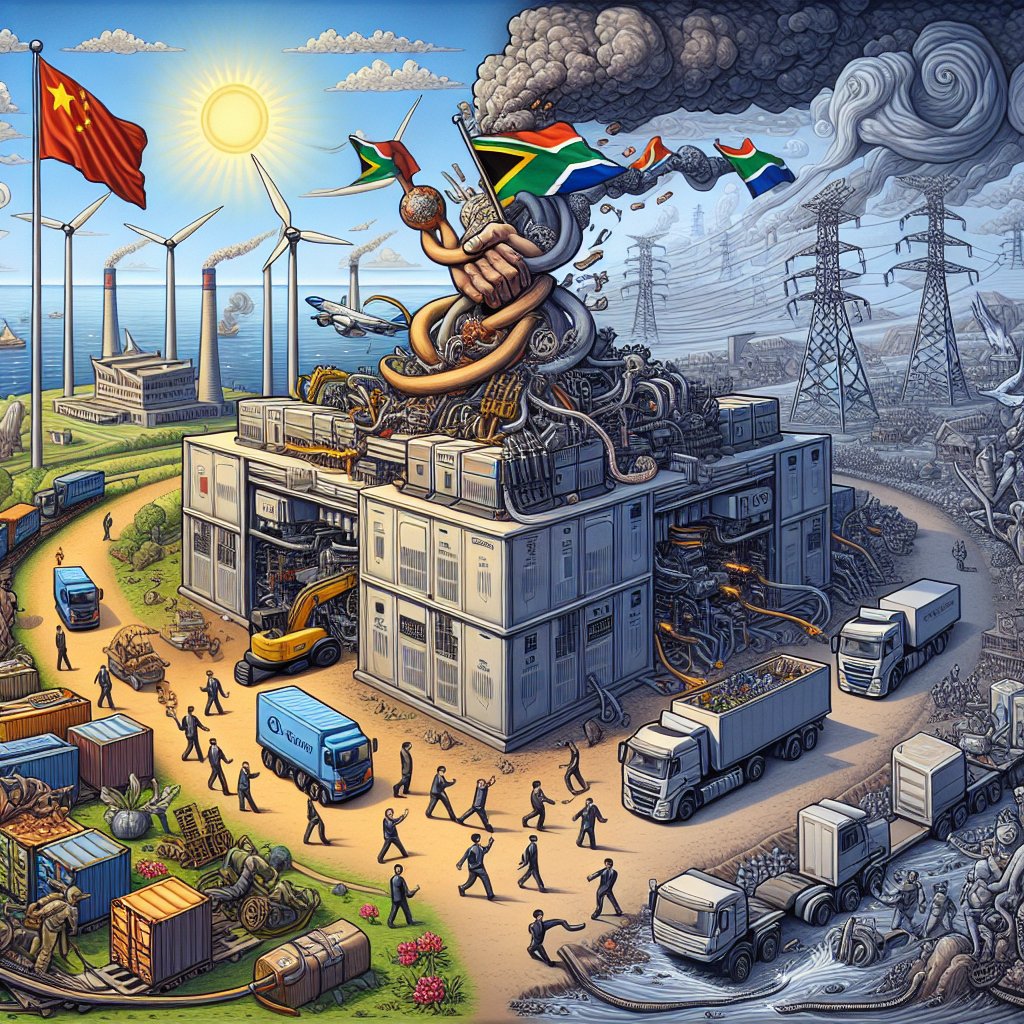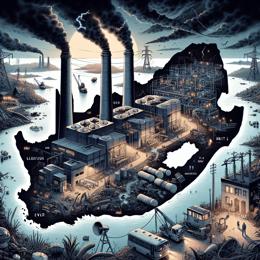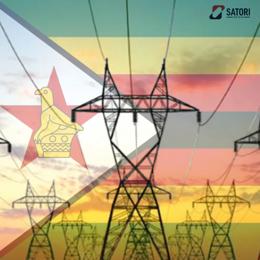Image: AI generated for illustration purposes
Understanding China's Aid to South Africa Amid Load-shedding Crisis: Support or Strategic Move?
As load-shedding continues to hamper South Africa's economy and daily life, the country has sought international aid to bolster its faltering power supply. In a significant development, China has extended a helping hand with the provision of 450 generators, following a R500 million donation pledged during the state visit of China's head to South Africa in August 2023. The gesture, ostensibly part of a Technical Assistance Programme, has sparked a debate on the true intentions behind the support.
The generators are meant to ameliorate the severe impacts of load-shedding on essential services, including clinics, schools, and courts. However, these generators only represent a stopgap measure as the South African government works diligently on its comprehensive Energy Action Plan. This plan is crucial for the nation's long-term goal of eradicating the disruptive power outages that have become a daily occurrence.
Moreover, this transaction between South Africa and China is not merely about the immediate relief that these generators might bring. An important component of the assistance involves technology and skill transfers from Chinese companies to Eskom, South Africa's primary electricity supplier. This will entail Chinese experts contributing their knowledge to enhance the performance of Eskom power stations and addressing the environmental concerns associated with coal-fired plants by reducing emissions.
Electricity Minister Kgosientsho Ramokgopa has reassured the public that the deal is without conditions, an assertion that has been met with skepticism. Indeed, as energy analyst Chris Yelland suggests, while there may not be overt strings attached, China's expectations for future business and political support from South Africa are implicit. This sentiment is echoed by other industry voices, including energy expert Hilton Trollip, who doubts the substantive benefits of the agreement and laments the lack of transparency surrounding the deal.
To fully comprehend both the scope and implications of China's support, one must look beyond the provision of generators. As China stands as a world leader in renewable energy capacity, the strategic partnership between the two nations may lay the groundwork for broader collaboration in the energy sector. This includes the potential expansion of South Africa's power grid to accommodate new capacity.
The donation and the subsequent technical collaboration arrive at a time when South Africa is grappling with the need to diversify its energy sources and enhance grid stability. However, some analysts urge cautious optimism. UJ Professor Hartmut Winkler warns against overreliance on foreign aid to fix systemic energy issues, implying that the country must foster its initiatives.
While the agreement may not be fully disclosed to the public, it is doubtless that the relationship between South Africa and China is entering a new phase. The move on part of the Chinese towards this form of aid can be perceived as an attempt to deepen ties, possibly to secure favorable political and business conditions in the future. The Ministry of Electricity assures openness in the dealings, yet much remains to be debated and disclosed.
The unfolding of this agreement will be pivotal, not solely in combating the immediate energy crisis but in shaping the geopolitical dynamics between China and South Africa. Analysts and government officials alike will be keenly observing the outcomes of this partnership. With eyes set on the horizon, it remains to be seen if the aid from China will be the dawn of a new era in South African energy or a transaction with a hefty price yet to be revealed.










